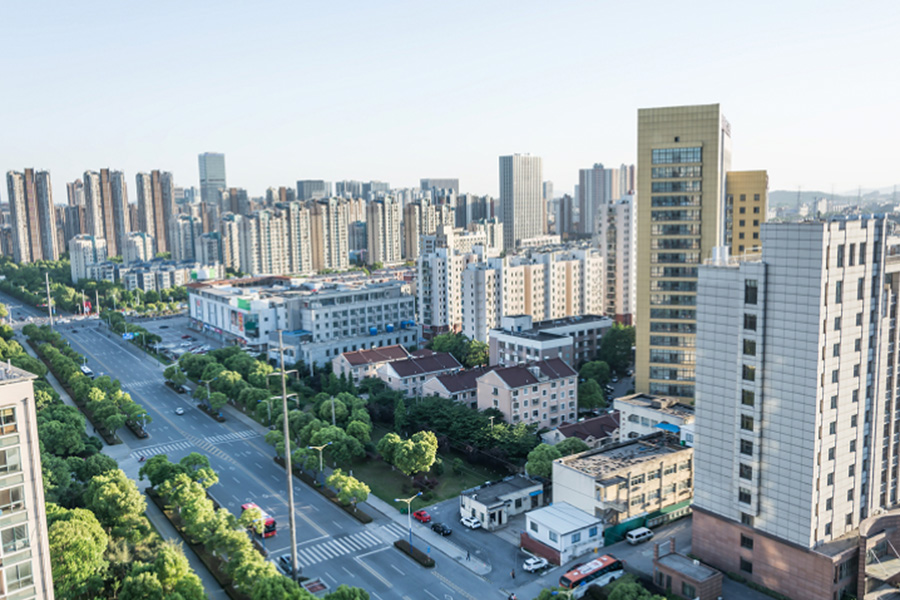Understanding what drives the value of real estate is essential for homeowners, buyers, and investors alike. Whether you are planning to buy, sell, or refinance a property, knowing what goes into a valuation can give you a clearer perspective of the market. In the context of property valuation in Singapore, several specific factors play critical roles in determining the final value of a home or commercial building.
Location and Accessibility
One of the most important contributors to property valuation is location. Properties in highly sought-after districts, such as Orchard, Marina Bay, or Holland Village, often command significantly higher prices than those in less central areas. Proximity to MRT stations, bus interchanges, and expressways is another important determinant. Easy access to transportation increases a property’s attractiveness to buyers and tenants, which in turn raises its value.
Neighbourhood amenities also add weight. Properties near reputable schools, malls, parks, hospitals, and business hubs generally enjoy higher valuations. For example, a condominium located within 1km of a popular primary school in Singapore can see a measurable increase in market demand and value.
Property Size and Usable Space
The total floor area of a property significantly influences its valuation. Larger homes naturally command higher prices than smaller units, especially if the space is efficiently laid out. However, it’s not just about raw size—usable or liveable space matters too. A 1,200 square foot flat with an awkward layout might be valued lower than a 1,000 square foot unit with a practical, modern design.
This concept extends beyond residential properties. In commercial properties, open-plan layouts and column-free spaces are considered more versatile and thus more valuable. The total gross floor area is factored into valuation reporting, often alongside information about layout efficiency and possible future modifications.
Age and Condition of the Property
In general, newer properties tend to have higher valuations compared to older ones, mainly due to reduced wear and tear, modern designs, and the latest infrastructure. That said, older properties that have been well-maintained or recently renovated can retain strong value. For example, a 30-year-old HDB flat that has undergone a major upgrade may be valued more favourably than a 10-year-old unit in poor condition.
Buyers and valuers alike take note of plumbing, electrical systems, roofing, flooring, and the presence of any structural issues. In Singapore, the Building and Construction Authority (BCA) standards are also referenced during inspections for quality assurance.
Tenure and Legal Status
Tenure plays a significant role in property valuation. Freehold properties typically command higher prices than leasehold ones because they do not have an expiry date. In contrast, leasehold properties—especially those with fewer than 60 years left on the lease—may experience declining valuations.
Legal encumbrances such as restrictions on use, shared ownership arrangements, or pending litigation can also affect value. During valuation reporting, property valuers verify title deeds, land use zoning, and check for caveats or restrictions filed against the property.
Current Market Conditions
Like any other asset class, property prices fluctuate based on market conditions. During periods of high demand and limited supply, valuations tend to rise. Government policies such as stamp duties, loan curbs, and supply releases through the Government Land Sales (GLS) programme can also influence market sentiment.
For example, cooling measures introduced by the Monetary Authority of Singapore (MAS) have historically led to more conservative valuations, especially in the private property sector. Meanwhile, strong economic outlooks and rising income levels typically support higher property values.
Comparable Sales Data
Comparable property sales—or “comps”—are frequently used as benchmarks. Valuers analyse recent transactions involving similar properties within the vicinity to determine a realistic market value. These comparables take into account factors such as unit size, floor level, facing direction, amenities, and tenure.
In Singapore, tools like URA’s Realis and HDB’s Resale Flat Prices portal provide essential data for these comparisons. However, such data is adjusted to account for timing, condition, and unique property characteristics before being included in the valuation reporting.
Rental Yield and Investment Potential
For investment properties, expected rental income plays a vital role. A property generating consistent, high rental yields will generally have a higher valuation, especially in a buoyant rental market. Factors such as lease terms, tenant profile, and occupancy rates are also evaluated.
In high-demand rental areas like the CBD, Novena, or Buona Vista, the rental potential significantly boosts the property’s attractiveness to investors, influencing its assessed value accordingly.
Government Development and Urban Planning
Urban redevelopment plans and future infrastructure projects have long-term impacts on property values. For instance, areas earmarked for transformation under the URA Master Plan—such as the Greater Southern Waterfront or Jurong Lake District—often see increased interest and rising valuations ahead of actual project completion.
A clear understanding of how such government initiatives will change the landscape and accessibility of a neighbourhood is essential. These projections are sometimes noted in professional valuation reporting to offer context for anticipated price movements.
Conclusion
Understanding the key factors that contribute to property valuation in Singapore equips homeowners and investors with the tools to make informed decisions. From location and layout to tenure and market demand, a variety of tangible and intangible elements come together to determine a property’s worth.
Engaging a professional valuer and interpreting their valuation reporting with care can go a long way in helping you plan your next steps—whether it’s buying, selling, refinancing, or investing.
Get to know more about CKS Property today to ensure your property decisions are based on accurate and current assessments.

